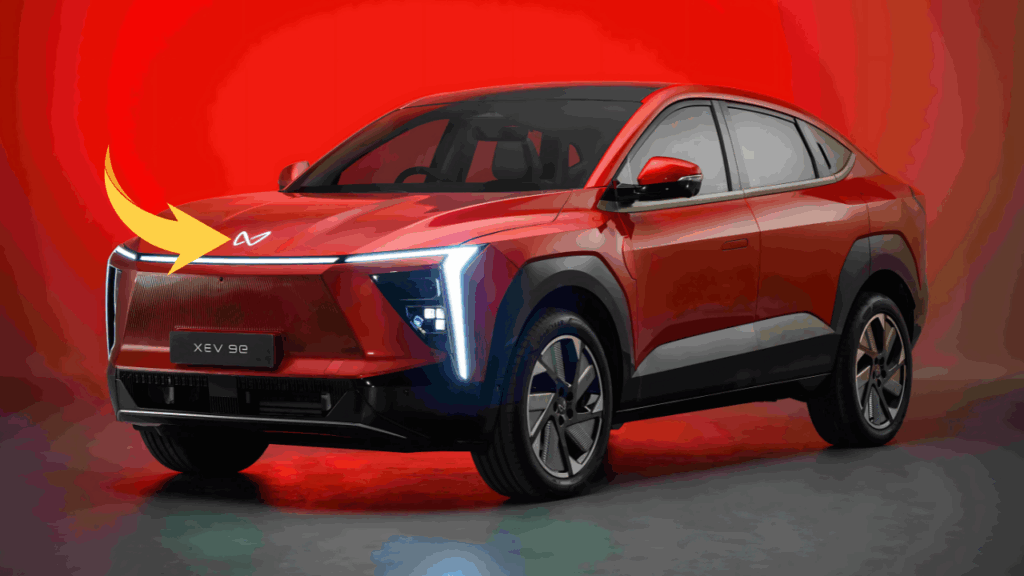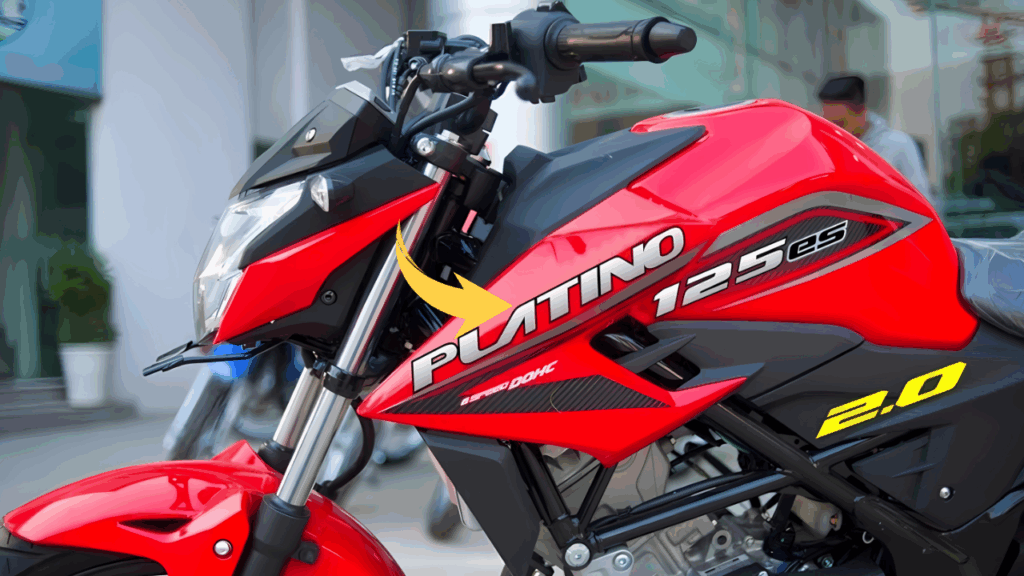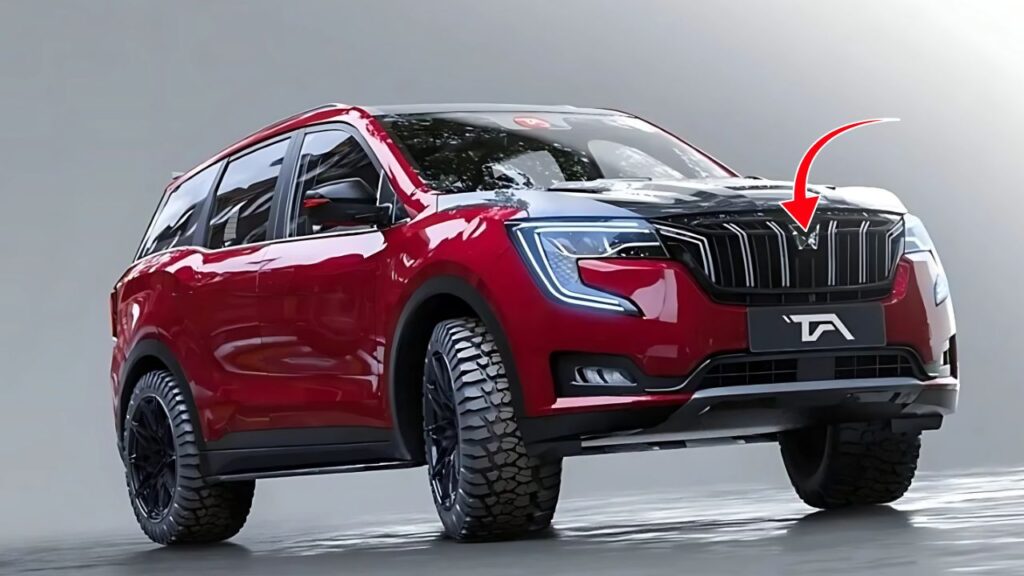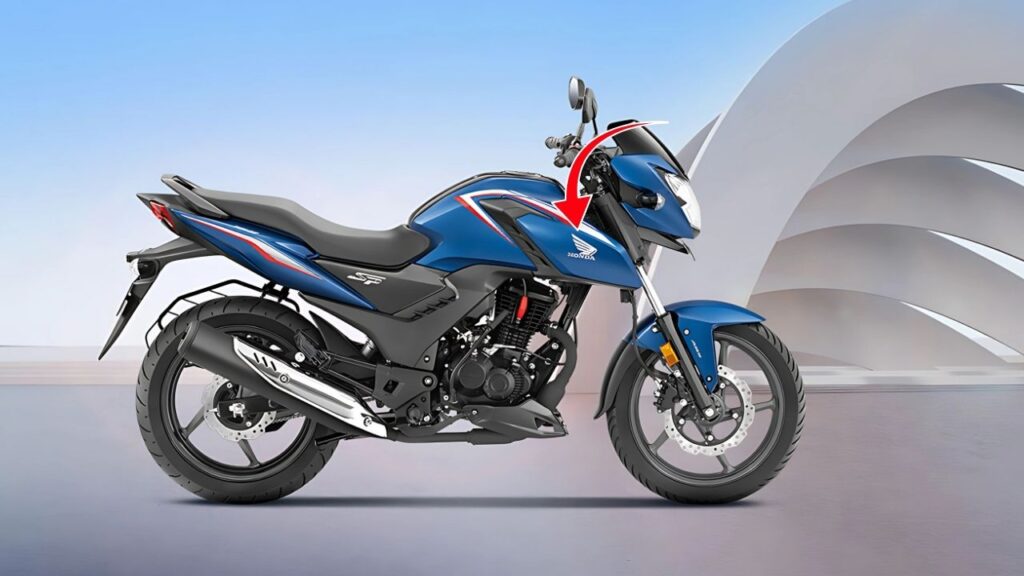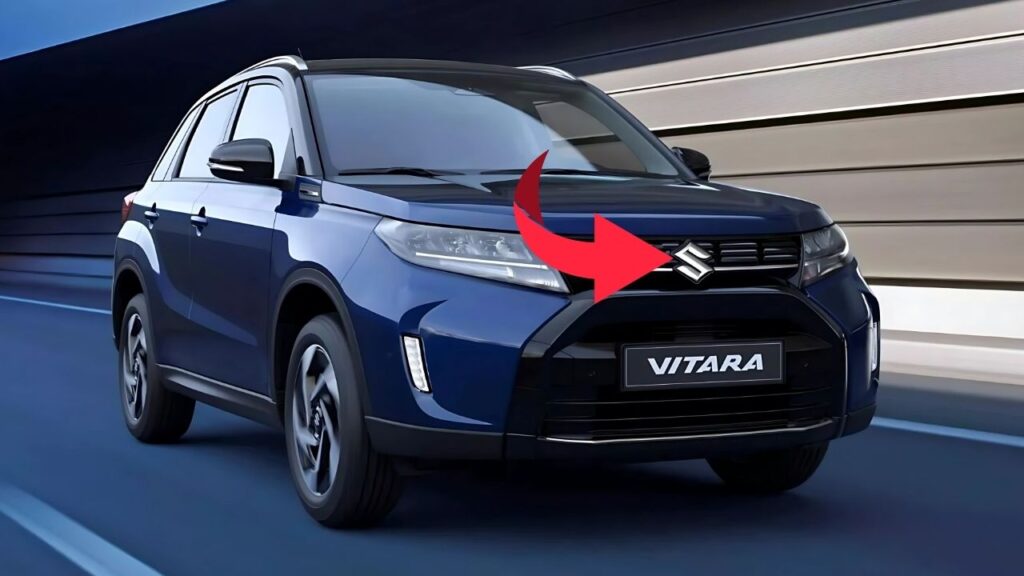In the bustling streets of metropolitan India, where traffic congestion and air pollution have reached alarming levels, a breath of fresh air has arrived in the form of the country’s first comprehensive eco-friendly e-cycle delivery service. This revolutionary approach to urban logistics isn’t just changing how packages move through crowded city streets—it’s transforming the entire delivery ecosystem while addressing some of India’s most pressing urban challenges.
Table of Contents
Revolutionizing Urban Deliveries: The Need for Change
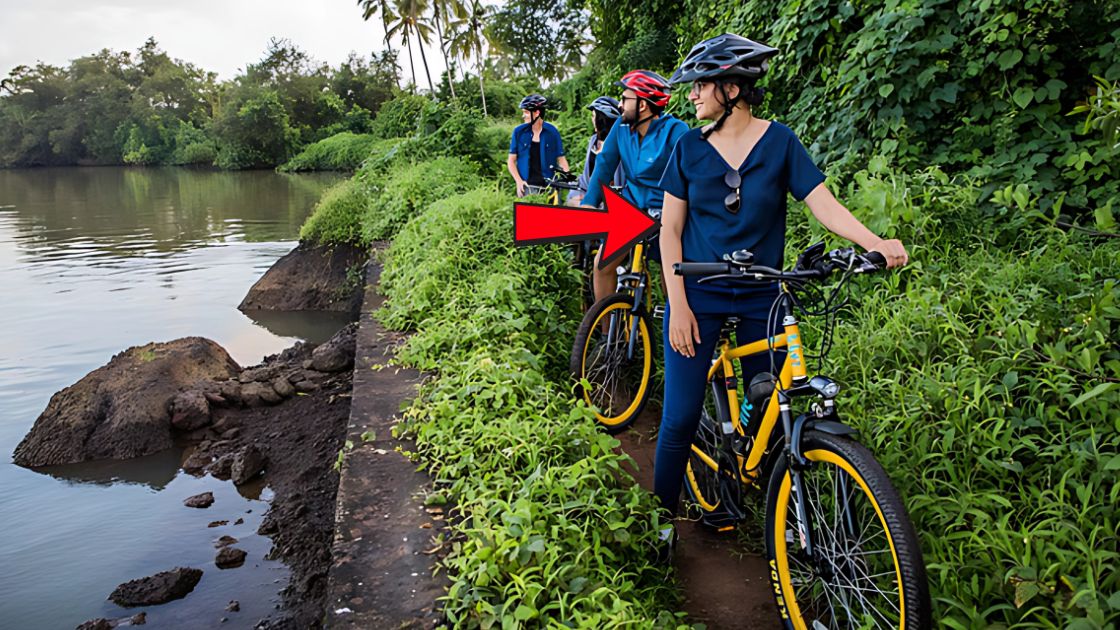
Anyone who has experienced India’s metropolitan traffic knows the frustration of gridlocked streets and the constant chorus of honking horns. Traditional delivery vehicles contribute significantly to this congestion, with diesel-powered vans and petrol motorcycles weaving through traffic, spewing pollutants, and often getting stuck in the very jams they help create.
Rajesh Kumar, a veteran delivery driver in Delhi, recalls spending “sometimes four hours on deliveries that should take only one” before his company switched to e-cycles. “The exhaust fumes would give me headaches daily, and customers would complain about late deliveries. It wasn’t anyone’s fault—the roads simply couldn’t handle so many vehicles.”
Urban logistics in India has long been crying out for innovation. With e-commerce growing at an annual rate of 27%, the pressure on last-mile delivery infrastructure has intensified exponentially. The pandemic accelerated this trend, with online ordering becoming not just convenient but essential for many Indians.
GreenPedal: Leading India’s E-Cycle Revolution
Enter GreenPedal, the pioneering company behind India’s first large-scale e-cycle delivery network. Founded in late 2023 by Aanya Sharma, a former logistics executive, and Vikram Mehta, an environmental engineer, the company has rapidly expanded from its initial operations in Bangalore to serve five major cities including Mumbai, Delhi, Pune, and Hyderabad.
“We weren’t trying to reinvent the wheel,” laughs Sharma during our conversation at GreenPedal’s Bangalore headquarters. “We were simply looking at the European model, where cargo e-bikes have proven incredibly effective, and adapting it to India’s unique urban landscape.”
The adaptation required significant engineering modifications. Indian streets present challenges not found in European cities—extreme temperatures, monsoon flooding, uneven road surfaces, and the need to navigate through impossibly tight spaces in crowded markets.
The company’s fleet consists of specially designed e-cycles with reinforced frames capable of carrying up to 150 kg of cargo. Each bike features weather-resistant cargo compartments, puncture-resistant tires, and an electric motor that assists the rider while maintaining a top speed of 25 km/h.
“Our riders don’t need to exhaust themselves pedaling,” explains Mehta. “The electric assistance means they can maintain a consistent pace throughout their shift, regardless of cargo weight or inclines. Yet the human element of pedaling keeps the vehicles legally classified as bicycles, allowing them to use cycling lanes where available and maneuver through spaces where motorcycles can’t go.”
Environmental Impact: Beyond Carbon Reduction
The environmental benefits of GreenPedal’s approach extend beyond the obvious reduction in carbon emissions. Each e-cycle in their fleet reportedly prevents approximately 5 tonnes of CO₂ from entering the atmosphere annually when compared to traditional delivery vehicles.
But GreenPedal’s commitment to sustainability goes deeper. Their maintenance facilities use rainwater harvesting systems and solar panels to minimize their ecological footprint. The batteries powering their e-cycles are recycled through partnerships with specialized electronics waste management firms, addressing a growing concern in India’s e-waste landscape.
Priya Narayanan, an environmental scientist who has studied urban pollution patterns in Indian cities, notes that “the benefit isn’t just in carbon reduction. These e-cycles eliminate the particulate matter that causes respiratory diseases. In cities where asthma rates are soaring, particularly among children, this represents a meaningful contribution to public health.”
The company has planted over 10,000 trees across urban areas to further offset their already minimal carbon footprint, creating what they call “green corridors” along frequently used delivery routes.
Economic Efficiency: The Business Case for E-Cycles
While environmental benefits might capture headlines, it’s the economic efficiency of e-cycle deliveries that has caught the attention of businesses across India. Traditional delivery methods in congested urban areas have become increasingly costly and unreliable.
“We were spending a fortune on fuel, vehicle maintenance, and compensating customers for late deliveries,” explains Sunita Patel, operations manager at an organic food delivery service that partnered with GreenPedal last year. “E-cycles have cut our delivery costs by 32% while improving on-time delivery rates from 67% to 91%. The ROI was immediate.”
The economics make sense on multiple levels. E-cycles cost significantly less to purchase and maintain than motorcycles or delivery vans. They consume minimal electricity—a full charge costs approximately ₹5-7 and provides 70-80 kilometers of range. Parking fees are eliminated, and insurance costs are drastically reduced.
For delivery personnel, the shift to e-cycles has brought unexpected benefits beyond environmental satisfaction. Arjun Dass, who switched from a traditional delivery motorcycle to a GreenPedal e-cycle six months ago, reports: “My health has improved—I’ve lost 7 kilos without specifically trying. My back pain has disappeared because the cycle is properly designed for posture. And honestly, I’m less stressed because I’m not constantly stuck in traffic breathing exhaust fumes.”
The company employs over 750 delivery personnel across its five operational cities, with plans to expand its workforce to 3,000 within the next two years. This job creation aspect has attracted attention from government officials looking for sustainable employment opportunities.
Navigating Challenges: Infrastructure and Weather Concerns
Despite its success, GreenPedal’s journey hasn’t been without obstacles. India’s urban infrastructure presents significant challenges for cycle-based logistics. The lack of dedicated cycling lanes in most cities forces riders to share road space with larger, faster vehicles.
“Safety is our absolute priority,” insists Mehta. “All our riders undergo rigorous training programs. Their e-cycles are equipped with enhanced visibility features, including bright LED lighting systems, reflective paneling, and loud-but-not-annoying electric horns. We’ve also worked with municipal authorities to identify safer route networks.”
Several cities have responded positively to GreenPedal’s advocacy. Bangalore has accelerated the development of its planned 173 km cycling lane network, with Delhi and Mumbai announcing similar initiatives. These infrastructure improvements benefit not just delivery personnel but all cyclists, potentially encouraging more sustainable commuting choices among the general public.
Weather presents another significant challenge, particularly during India’s monsoon season. GreenPedal has developed specialized waterproofing technologies for their cargo compartments and provides riders with high-quality rain gear. During extreme weather events, the company does occasionally supplement its fleet with traditional vehicles, though this represents less than 5% of their total deliveries.
“We’re pragmatic environmentalists,” says Sharma. “Our goal is to maximize sustainability while maintaining reliability. Sometimes that means making practical compromises.”
The Consumer Experience: Faster, Friendlier Deliveries
From the consumer perspective, e-cycle deliveries have introduced unexpected improvements to the overall experience. Deliveries often arrive faster due to the cycles’ ability to bypass traffic congestion. Many customers report appreciating the reduced noise pollution compared to motorcycle deliveries, which often involve revving engines and honking.
Ritu Desai, a regular online shopper in Pune, shares: “The first time a GreenPedal delivery arrived, I was surprised by how quiet it was. No noisy motorcycle announcing its arrival to the whole neighborhood. The delivery person seemed happier too—not stressed and rushing like they usually are. It actually made the whole experience more pleasant.”
The company has leveraged this positive reception by making their brand distinctly visible. Their bright green cycles and uniformed riders have become recognizable features in the cities where they operate. This visibility serves as moving advertisement for both GreenPedal and the businesses that use their services.
“Customers notice and comment on our eco-friendly delivery choice,” notes Patel. “It’s become part of our brand identity and reinforces our commitment to sustainability, which resonates strongly with our target demographic.”
Government Support and Regulatory Framework
The Indian government’s increasing focus on electric mobility has created a supportive environment for innovations like GreenPedal. Under the FAME II (Faster Adoption and Manufacturing of Electric Vehicles) scheme, certain categories of electric vehicles, including commercial e-cycles, qualify for subsidies.
The company has also benefited from start-up incentive programs and reduced GST rates for electric vehicles and their components. Municipal corporations in several cities have provided additional support through preferential licensing and reduced permit fees for green delivery services.
However, regulatory classification remains somewhat ambiguous. “We exist in a space between bicycles and motor vehicles,” explains Sharma. “This has advantages in terms of access and flexibility, but also creates uncertainties regarding long-term regulatory requirements.”
To address this, GreenPedal has been actively engaging with policymakers to help shape the evolving regulatory framework for electric micro-mobility in commercial applications. Their approach emphasizes the alignment between their business model and government objectives regarding pollution reduction, congestion management, and sustainable urban development.
The Road Ahead: Expansion and Innovation
Looking forward, GreenPedal has ambitious plans for growth. The company recently secured ₹120 crore in Series B funding to expand operations to ten additional cities within the next 18 months. They’re also developing next-generation e-cycles with enhanced cargo capacity, improved weather resistance, and longer battery range.
“We’re exploring climate-controlled cargo compartments for temperature-sensitive deliveries like medications and fresh food,” reveals Mehta. “We’re also testing autonomous features that could further optimize routing and energy usage.”
The company envisions creating a comprehensive urban logistics ecosystem beyond just deliveries. Plans include establishing micro-fulfillment centers powered by renewable energy throughout urban areas, developing smart locker systems for customer pickup, and potentially expanding into passenger transport for last-mile connectivity to public transit.
Industry analysts suggest GreenPedal’s model could disrupt not just conventional delivery services but reshape urban logistics entirely. With major e-commerce players watching closely, some have already begun pilot programs with GreenPedal in select markets.
“What we’re witnessing is potentially the early stage of a fundamental shift in how goods move through urban India,” observes Dr. Amit Srivastava, an urban planning expert at IIT Delhi. “The combination of environmental benefits, economic efficiency, and technological innovation makes this approach compelling from multiple perspectives.”
A Green Blueprint for Urban Logistics
As India strives to balance rapid economic growth with environmental sustainability and quality of life, innovations like GreenPedal’s e-cycle delivery service offer a blueprint for smarter urban development. By addressing multiple challenges simultaneously—pollution, congestion, delivery efficiency, and employment—this approach demonstrates how business success and sustainability can be complementary rather than contradictory.
While e-cycles won’t entirely replace conventional delivery vehicles, particularly for long-distance or heavy cargo transport, they represent a vital component in a more diversified, efficient, and sustainable logistics ecosystem. As infrastructure improves and technology evolves, their role will likely expand further.
For now, the sight of GreenPedal’s distinctive e-cycles navigating nimbly through congested streets offers a tangible symbol of innovation and hope—a small but significant step toward cleaner, more livable Indian cities where progress doesn’t come at the expense of the environment or quality of life.
The revolution in urban logistics has begun, one pedal stroke at a time.
Also Read –




